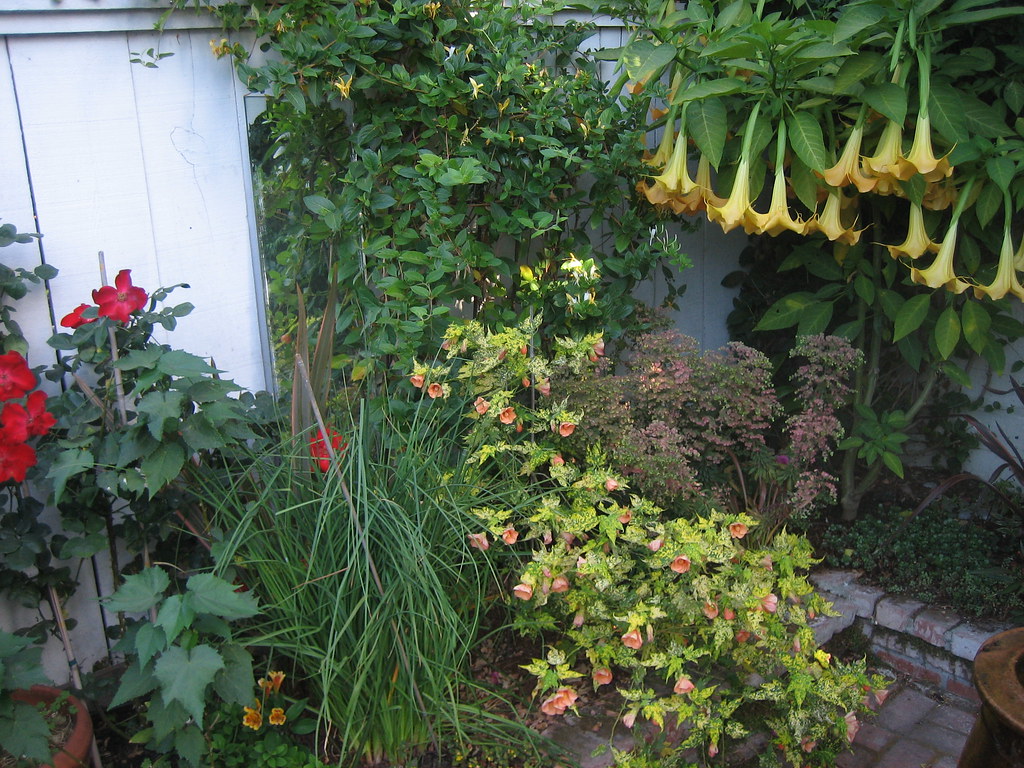
Just finished reading Charles Mann's book
1491 and am still ruminating over the implications of the ideas expressed in the book. It is a long story of an alterante version of history than we were taught in school--certainly more balanced and believable. History of civilization in the Americas starting from first contact between the native 'Indians' and westerners and going backward to redraw what we assumed and were taught up until now. But more than that it is really a history of the planet, with man as just another creature who plays a part in nature, rather than as humans as somehow separate from the natural cycle of things (often above if you believe the bible). Mann debunks the idea that there can be a more 'pristine' version of nature if humans would just keep their hands off, garbage out of, saws away from, etc. This destruction as part of the natural cycle as global warming is, if in fact your respect the fact that we are part of nature, not separate from it. His final few paragraphs are worth quoting here as they seem to summarize his position better than I ever could:
Understanding that nature is not normative does not mean that anything
goes. The fears come from the mistaken identification of wildness with the
forest itself. Instead the landscape is an arena for the interaction of natural
and social forces, a kind of display, and one that like all displays is not
fully under the control of its authors.
Native americans ran the continent as they saw fit. Modern nations must do
the same. If they want to return as much of the landscape as possible to its
state of 1491, they will have to create the world's largest gardens.
Gardens are fashioned for many purposes with many different tools,
but all are collaborations with natural forces. Rarely do their makers claim to be restoring or rebuilding anything from the past; and they are never in full control of the results. Instead, using the best tools they have and the knowledge that they can gather, they work to create future
environments.
If there is a lesson it is that to think like the original inhabitants of
these lands we should not set our sights on rebuilding an environment from the
past but concentrate on shaping a world to live in for the future.
 Just finished reading Charles Mann's book 1491 and am still ruminating over the implications of the ideas expressed in the book. It is a long story of an alterante version of history than we were taught in school--certainly more balanced and believable. History of civilization in the Americas starting from first contact between the native 'Indians' and westerners and going backward to redraw what we assumed and were taught up until now. But more than that it is really a history of the planet, with man as just another creature who plays a part in nature, rather than as humans as somehow separate from the natural cycle of things (often above if you believe the bible). Mann debunks the idea that there can be a more 'pristine' version of nature if humans would just keep their hands off, garbage out of, saws away from, etc. This destruction as part of the natural cycle as global warming is, if in fact your respect the fact that we are part of nature, not separate from it. His final few paragraphs are worth quoting here as they seem to summarize his position better than I ever could:
Just finished reading Charles Mann's book 1491 and am still ruminating over the implications of the ideas expressed in the book. It is a long story of an alterante version of history than we were taught in school--certainly more balanced and believable. History of civilization in the Americas starting from first contact between the native 'Indians' and westerners and going backward to redraw what we assumed and were taught up until now. But more than that it is really a history of the planet, with man as just another creature who plays a part in nature, rather than as humans as somehow separate from the natural cycle of things (often above if you believe the bible). Mann debunks the idea that there can be a more 'pristine' version of nature if humans would just keep their hands off, garbage out of, saws away from, etc. This destruction as part of the natural cycle as global warming is, if in fact your respect the fact that we are part of nature, not separate from it. His final few paragraphs are worth quoting here as they seem to summarize his position better than I ever could: 

No comments:
Post a Comment